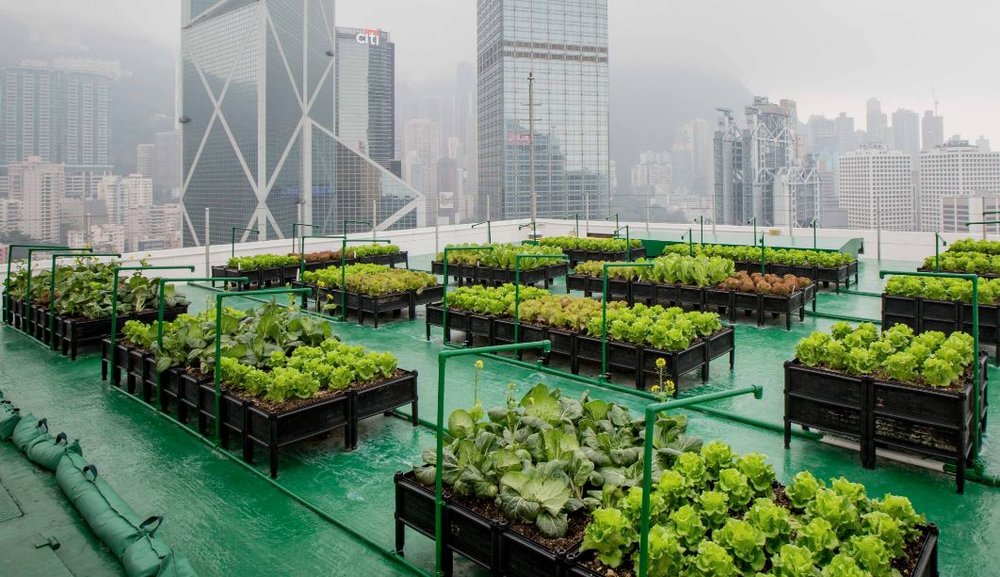Why Farming is the Best business in future ages? points by explanation
what are farms?
A Farm is a space of land where domesticated animals (creatures) are raised and crops (plants) are developed for use as food, fiber, and fuel. Individuals who own and work on the homestead are called ranchers.
A ranch normally has structures where hardware, for example, farm haulers and supplies are put away. A few ranches likewise have structures where animals are housed. These structures normally have various names relying upon the sort of animals that lives there. For instance, chickens live in poultry houses and pigs live in pig parlors—sounds extravagant, doesn't it?!
- how they are created?
The historical backdrop of farming started millennia prior. In the wake of social affair wild grains starting at any rate 105,000 years prior, early ranchers started to plant them around 11,500 years prior. Pigs, sheep, and steers were trained more than 10,000 years prior. Plants were freely developed in at any rate 11 locales of the world. Mechanical farming dependent for huge scope monoculture in the 20th century came to rule agrarian yield, however, around 2 billion individuals actually relied upon resource horticulture.
 |
| early famers using bull to row lands |
- How Farms are the future of economy?
Each individual on earth needs food consistently. Consistently, food is tended, gathered, shipped, put away, and served up on our tables. Undeniably, food can't be isolated from life itself. Thus it has been said that changing the manner in which we develop and eat food is quite possibly the most integral assets we have for changing our economies and society in general.
So when we ask: what will the ranches of things to come resemble? We should ask — what do we need the future to resemble? And afterward, answers may start to arise.
Despite every person on earth needs food every day. Every day, food is tended, harvested, transported, stored, and served up on our tables. In a very real sense, food cannot be separated from life itself. And so it has been said that changing the way we grow and eat food is one of the most powerful tools we have for changing our economies and society as a whole.
So when we ask: what will the farms of the future look like? We should really be asking — what do we want the future to look like? And then answers may begin to emerge.
Though many are enamored of technological solutions, others have pointed to tech’s inescapable environmental impacts, to the way it strengthens corporate monopolies, and to the already evident, and as yet unforeseen, effects that it has on society, including on human health and happiness. When I look at the young people I know, at the issues that concern them most, four points of focus rise to the surface. These can be rather broadly categorized as climate and the environment, diversity in its myriad forms, economic inequality, and a lack of community, loneliness. Young people don’t want to work the land if that means working long hours for low pay, using dangerous chemicals, while the fruits of their labor are borne away to profit corporate executives they will never meet. But that doesn’t mean a future in which we don’t work the land at all. In fact, it means quite the opposite. Act that many are fascinated of mechanical arrangements, others have highlighted tech's inevitable ecological effects, to the manner in which it fortifies corporate restraining infrastructures, and to the all-around clear, and at this point unanticipated impacts that it has on society, remembering for human wellbeing and satisfaction. At the point when I take a gander at the youngsters I know, at the issues that worry them most, four marks of center ascent to the surface. These can be fairly extensively classified as environment and the climate, variety in its heap structures, monetary disparity, and an absence of local area, depression. Youngsters would prefer not to work the land if that implies working extended periods for low compensation, utilizing hazardous synthetic substances, while their rewards for all the hard work are borne away to benefit corporate heads they won't ever meet. Yet, that doesn't mean a future in which we don't work the land by any stretch of the imagination. Truth be told, it implies an incredible inverse.
 |
| Future of farms |
Thank you for staying in this blog
Comments
Post a Comment